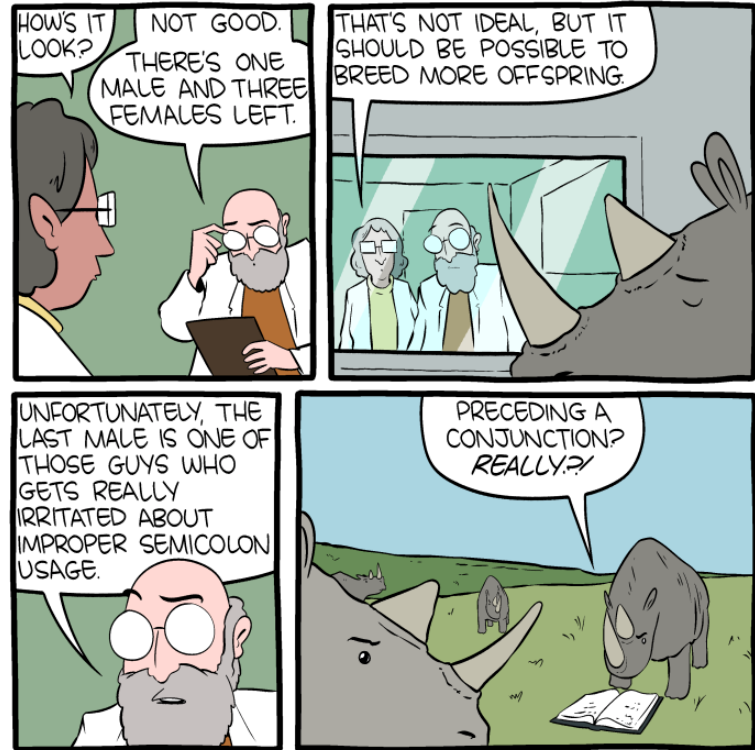Alexa laughs
Now that speech technology is good enough that voice interaction with devices is becoming widespread and routine, success has created a new problem: How should a device tell when to attend to ambient sounds and try to interpret them as questions or commands?
One solution is to require a mouse click or a finger press to start things off — but this can degrade the whole "ever-attentive servant" experience. So increasingly such systems rely on a key phrase like "Hey Siri" or "OK Google" or "Alexa". But this solution brings up other problems, since users don't like the idea of their entire life's soundtrack streaming to Apple or Google or Amazon. And anyhow, streaming everything to the Mother Ship might strain battery life and network bandwidth for some devices. The answer: Create simple, low-power device-local programs that do nothing but monitor ambient audio for the relevant magic phrase.
Problem: these programs aren't yet very good. Result: lots of false positives. Mostly the false positives are relatively benign — see e.g. "Annals of helpful surveillance", 5/9/2017. But recently, many people have been creeped out by Alexa laughing at them, apparently for no reason:
Read the rest of this entry »
